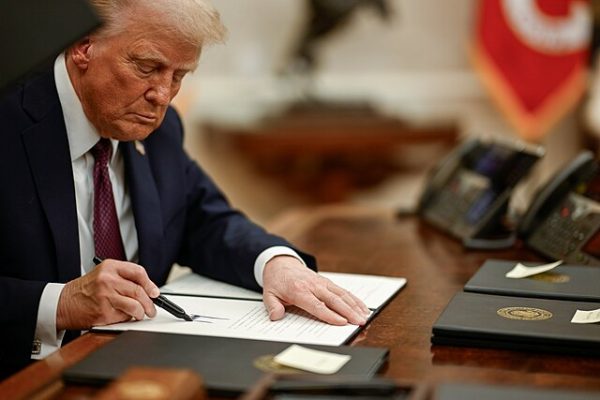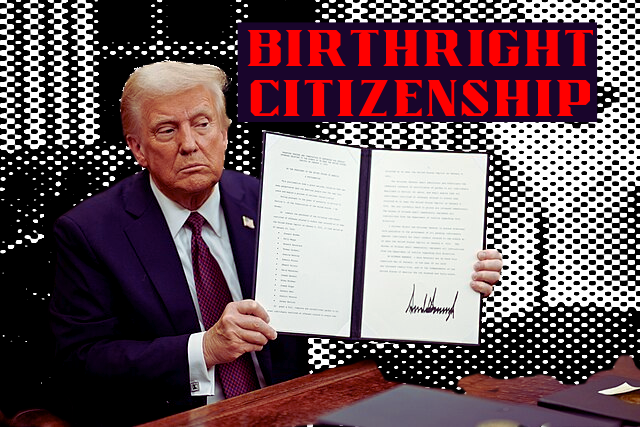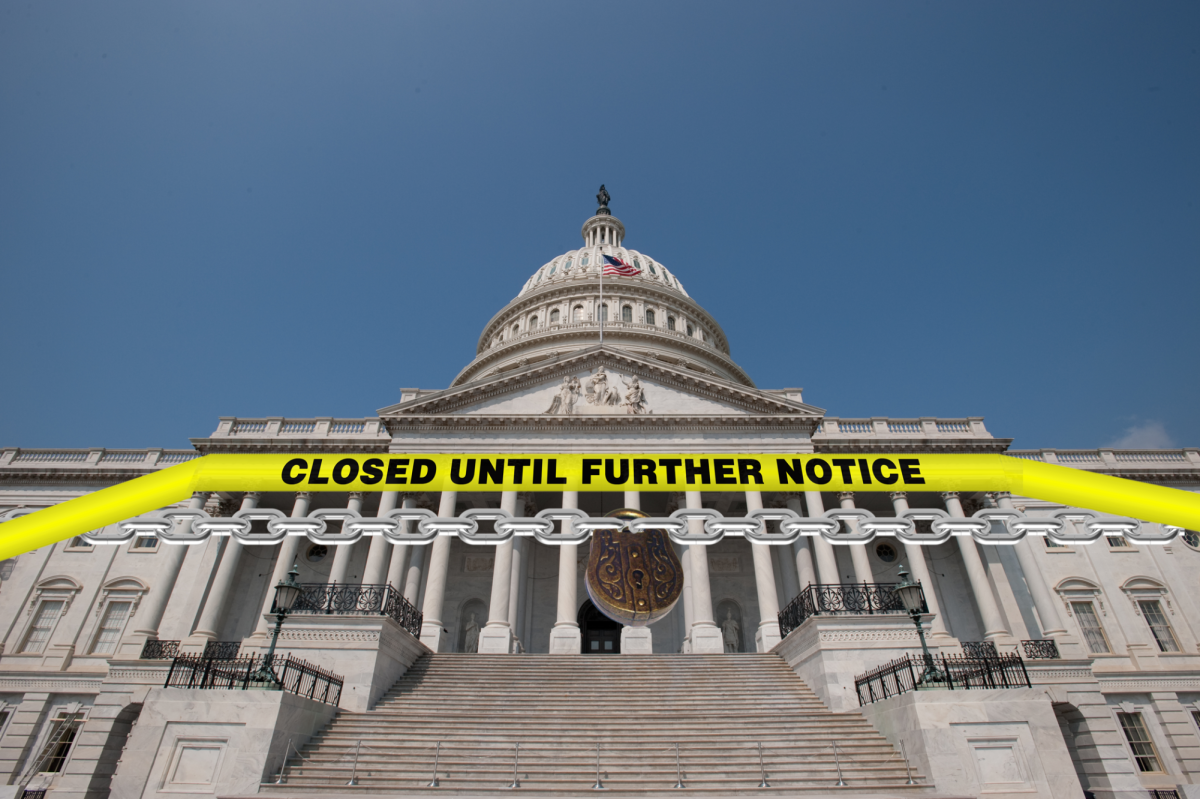On January 20, 2025, President Donald Trump signed an executive order in the Oval Office to end birthright citizenship, a long-standing policy that grants U.S. citizenship to anyone born on American soil, regardless of their parent’s immigration status.
The order delivers a campaign promise but faces a lot of legal opposition. 22 states have filed lawsuits, seeking to halt its implementation.
ERHS senior Amy Chan says, “[Trump] shouldn’t get rid of birthright citizenship obviously.”
“I feel horrible about it.”

The order challenges the interpretation of the 14th Amendment, which has historically ensured the automatic citizenship of anyone born in the U.S. It specifically excludes children from gaining citizenship if their mother was in the country illegally if their father was neither a U.S. citizen nor a lawful permanent resident or if their mother was in the U.S. on a temporary visa while the father lacked legal status. Along with this, federal agencies would be forbidden from acknowledging the citizenship of people falling under these conditions.
The 14th Amendment has the phrase, “subject to the jurisdiction,” which essentially excludes individuals who were protected from local law, and not subject to the jurisdiction of the U.S. The groups that were considered not subject to the jurisdiction of the U.S. were children who had diplomatic immunity or were born to Native Americans on tribal land and children born to members of an occupying army.
The Trump administration uses this phrase to argue that children born to immigrants who illegally live in the U.S. should not be subject to the jurisdiction of the U.S.
In an interview with Face the Nation, JD Vance said, “If you’re an illegal alien and you come here temporarily, hopefully, your child does not become an American citizen by virtue of just having been born on American soil.”
“…If you’re not subject to the jurisdiction of the United States and don’t plan to be, why would we make those people’s children American citizens permanently?”
However, to end birthright citizenship, Trump would need either a new amendment for the Constitution passed, which needs a two-thirds vote in both chambers of Congress and three-quarters of the states, or for the Supreme Court to agree with Trump’s interpretation of the 14th Amendment. These factors make experts believe that Trump’s efforts will be in vain.
Ember Collado, an Eleanor Roosevelt High School senior, says that she “feels like it’s ultimately wrong to remove birthright citizenship since the American constitution confirms that people born in the United States are guaranteed citizenship.”
“It discriminates against those who legally became citizens in the United States and opt for a better life.”








